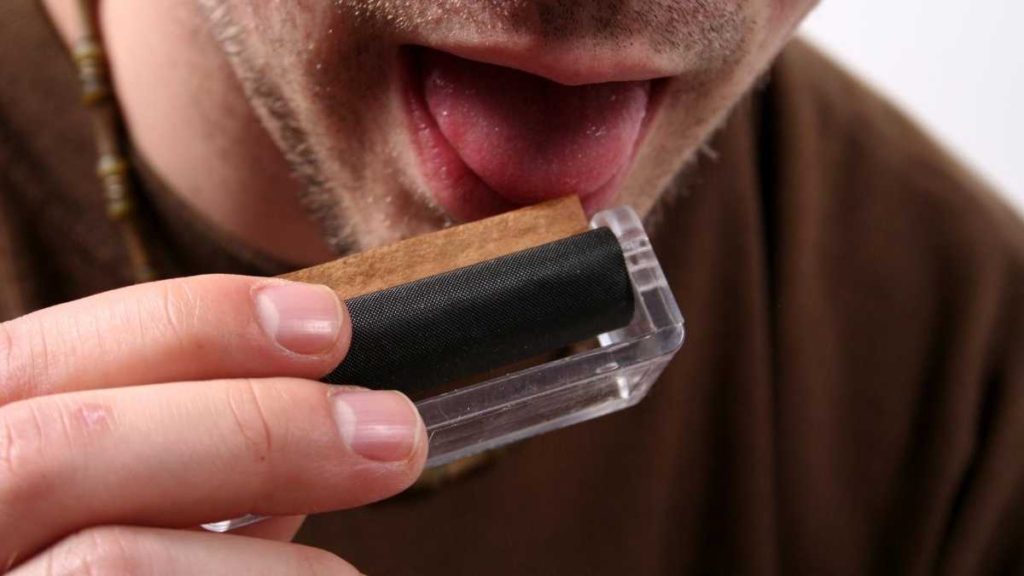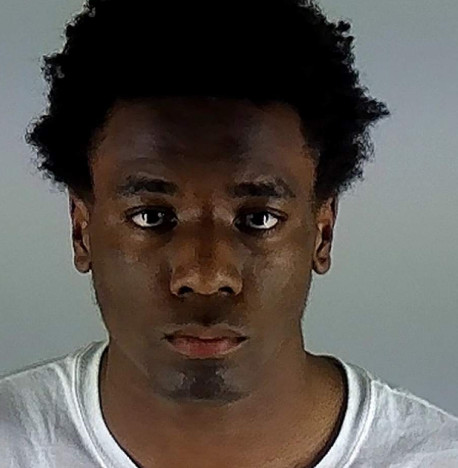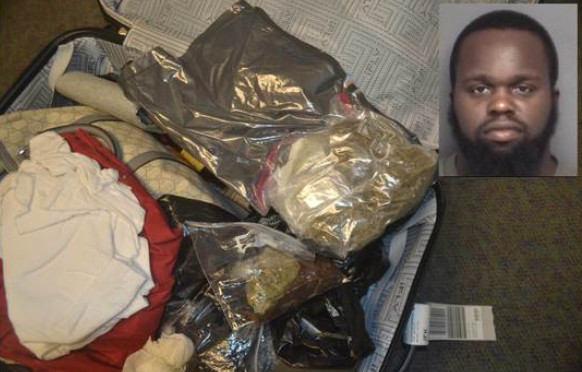When Georgia authorities found out that smoking marijuana was ridding 15-year-old David Ray of seizures that had plagued him through childhood, the consequences were swift and severe.
His mother and stepfather — Suzeanna and Matthew Brill — were arrested and jailed for six days. David, no longer able to medicate with pot, was hospitalized for a week after suffering what his mother called “the worst seizure of his life.” He was then discharged to strangers and sent to a Division of Family and Children Services group home after his parents were stripped of custody — another example of “how the war on drugs breaks up families,” said Lauren Deal, Suzeanna Brill’s attorney.
On Monday, some nine weeks later, the Brills finally got their son back after a judge granted a protective order agreed upon by his parents and DFCS. A victory for the Brill family, but in the larger battle over Georgia’s war against weed, it’s unlikely to register, according to one activist.
“This story went worldwide. The family collected more than $60,000 in donations on their GoFundMe page,” said Tom McCain, executive director of Peachtree NORML (National Organization for the Reform of Marijuana Laws). “It changed their lives. Whether it has any effect on changing Georgia laws, I doubt it.”
For as much as David’s story resonated with a public that, according to a recent poll commissioned by The Atlanta Journal-Constitution, overwhelmingly favors expanding Georgia’s medical marijuana program, the powers that be remain squarely opposed to further moves to loosen the law.
In recent years, state lawmakers have made it legal for patients registered with the state to possess up to 20 ounces of cannabis oil, derived from the marijuana plant, to treat 16 specific illnesses, including seizures. But cultivation and manufacturing of the cannabis oil is prohibited. And federal law bans its transport across state lines.
Lt. Gov Casey Cagle and his Republican run-off opponent Brian Kemp oppose any changes to the law, as does the powerful Georgia Sheriffs Association.
Twiggs County Sheriff Darren Mitchum defended arresting the Brills and separating them from their son, saying, “Whatever the law is, it’s my job to enforce it.”
“The fact is that, as of today, marijuana is not legal in the state of Georgia to possess or smoke or use for recreational use,” said Mitchum, echoing a rationale popular in law enforcement circles. “And that’s it.”
David may finally get some relief for his seizures — caused by a lesion on his brain — as his parents say he will be prescribed Epidiolex, a cannabis-based treatment approved just last week by the Food and Drug Administration.
“This is a total win for David,” said Rasean Hodge, an Atlanta doctor who specializes in cannabis-related pain management. “This drug is going to make a huge difference in his life.”
All it took was a lifetime’s worth of turmoil crammed into a harrowing few months.
It all started in February 7, when Suzeanna Brill said she decided her son had suffered through his last seizure. Though they didn’t have a doctor’s permission, Brill, desperate for relief, gave David some plant marijuana to smoke.
The results, she said, were dramatic.
“He was able to sleep at night. He was able to talk properly,” Suzeanna Brill said. “What I had was a normal 15-year-old boy.”
For 71 days, David lived the life of a normal teenage boy. And there were no seizures, his mother said. On April 19, she shared the good news with David’s therapist. Later that day, deputies from the Twiggs sheriff’s office, acting on a tip from DFCS, showed up at the Brills home with a warning to stop giving their son marijuana.
“She told them this will have consequences,” Deal, the Brill attorney, said Monday.”He will have seizures.”
And 14 hours later, that’s exactly what happened.
“He nearly died from the seizures that resulted,” Deal said. “The worst seizures he’d ever had in his entire life.”
And Suzeanna Brill couldn’t be there with him. She was in jail, charged with reckless conduct.
There have been visits between mother and son since then, with no assurances when David would be allowed to return.
Until Monday morning, when David texted his mother, “I’m coming home!”
Suzeanna Brill wasn’t so sure.
“Anxiety was building this morning because we didn’t know what the judge was going to say,” she said. As soon as the judge ruled in her favor, “I melted,” Brill said.
Criminal charges still loom for the Brills. Their attorney in that case, Catherine Bernard, said she’s hopeful Monday’s ruling might lead prosecutors to drop the case.
“Our position was they didn’t endanger their child, the state did,” Bernard said.
For his part, David was eager to get back to normal, before he became the poster boy for those fighting to decriminalize marijuana in Georgia.
After court adjourned, he shared a long, tearful hug with his three sisters. Then, a tight squeeze from mom.
“It was hard being away from them,” he said.
The protective order, set for one year, could be completed in six months if the Brills remain in compliance. A DFCS case worker will meet with the family twice every month and David will be tested for drugs during each visit.
“Essentially what the court doesn’t want is the Brills to try to self-medicate,” Deal said. “But that’s something lawmakers in this state have pushed families into.”
Credit: www.ajc.com







